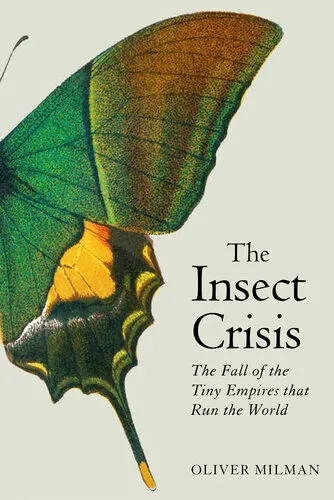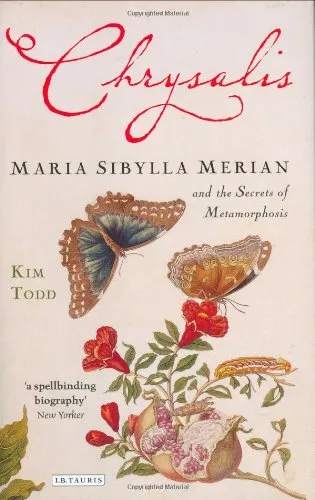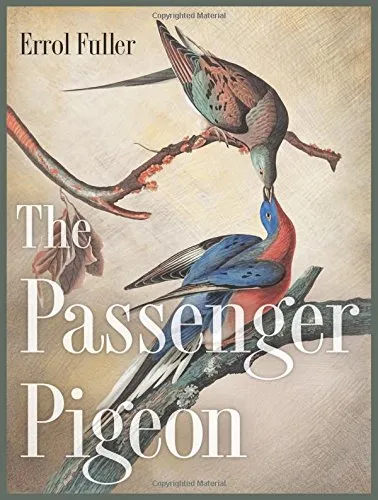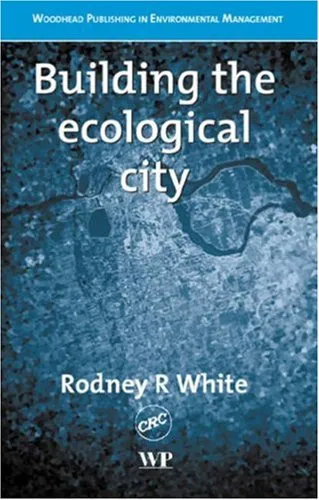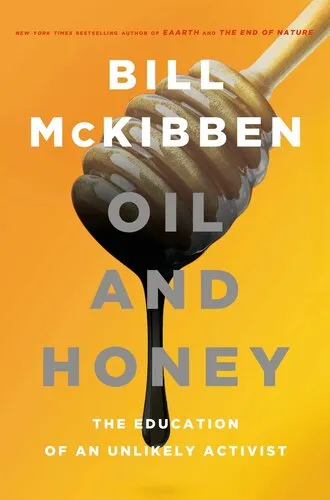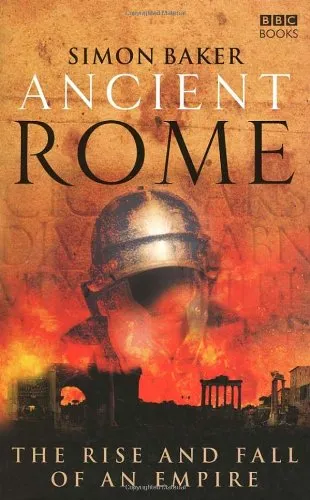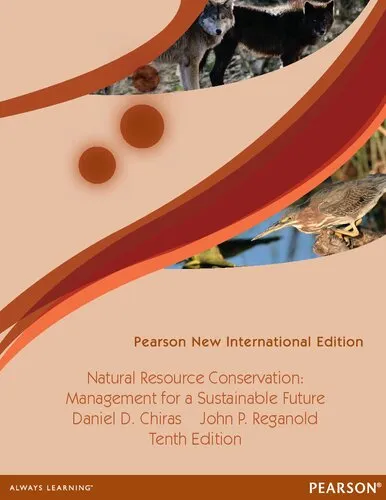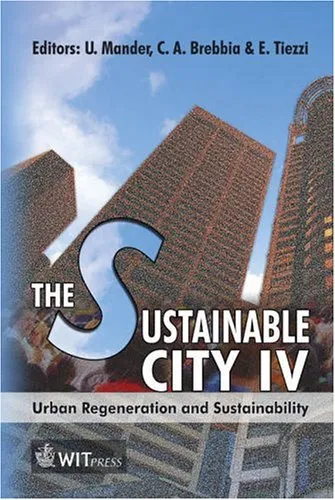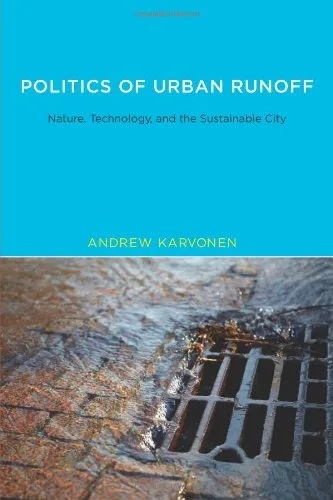The Insect Crisis: The Fall of the Tiny Empires that Run the World
4.0
Reviews from our users

You Can Ask your questions from this book's AI after Login
Each download or ask from book AI costs 2 points. To earn more free points, please visit the Points Guide Page and complete some valuable actions.Related Refrences:
Introduction to The Insect Crisis: The Fall of the Tiny Empires that Run the World
In the modern world, few realize that tiny creatures hold the key to our ecological balance and food security. "The Insect Crisis: The Fall of the Tiny Empires that Run the World" delves deep into the often-overlooked importance of insects and the looming challenge of their declining populations. This book is not just about the biological intricacies of insects but also a clarion call for humanity to address the urgent crisis threatening our natural and agricultural systems. Drawing from extensive research and expert interviews, the book offers a compelling insight into the intricate networks that these small creatures support.
Detailed Summary of the Book
The global insect population is in a catastrophic decline, a trend that poses severe risks not only to biodiversity but to human survival itself. In this eye-opening work, we explore how insects, which account for over 80% of all known species, serve as critical components of ecosystems. They are pollinators, decomposers, and a food source for countless animals. The book navigates the various threats faced by insects, including habitat destruction, pesticide use, climate change, and industrial agriculture, all contributing to this alarming decline.
Through a blend of scientific research and storytelling, "The Insect Crisis" underscores how insects are indispensable, forming the backbone of ecological networks. We delve into case studies that highlight both the ecological marvels of insect life and the stark impacts of their disappearance. Readers are invited to reconsider their relationship with nature and reflect on the interconnectedness of all life forms.
Key Takeaways
- Insects are crucial to pollination, which directly affects our food supply.
- The decline of insect populations is indicative of broader environmental health issues.
- Human activities, particularly industrial agriculture and urbanization, are the leading causes of this decline.
- The loss of insects affects ecosystem services such as pest control, recycling of nutrients, and soil health.
- A collective global effort, involving scientists, policymakers, and the public, is needed to mitigate the crisis.
Famous Quotes from the Book
"Insects are the little things that run the world, yet we are eradicating them with an alarming speed that risks unraveling the web of life."
"To understand the fate of insects is to understand the fate of our planet. In their silence, we hear the echo of our own future."
Why This Book Matters
Insects provide essential ecosystem services that are fundamental to life on Earth. As we confront the reality of their decline, this book serves as a crucial resource for understanding and addressing the problem. "The Insect Crisis" matters because it brings to light a silent catastrophe that has profound implications for food security, ecological balance, and biodiversity. Raising awareness is the first step towards action, and this book aims to instigate change among readers, urging them to participate in conservation efforts and advocate for policies that protect insect populations.
Our future relies on recognizing the significant role insects play in sustaining life on this planet. By highlighting both the beauty and importance of these creatures, the book not only educates but also inspires a necessary change in perspective and practice.
Free Direct Download
You Can Download this book after Login
Accessing books through legal platforms and public libraries not only supports the rights of authors and publishers but also contributes to the sustainability of reading culture. Before downloading, please take a moment to consider these options.
Find this book on other platforms:
WorldCat helps you find books in libraries worldwide.
See ratings, reviews, and discussions on Goodreads.
Find and buy rare or used books on AbeBooks.
1601
بازدید4.0
امتیاز0
نظر98%
رضایتReviews:
4.0
Based on 0 users review
Questions & Answers
Ask questions about this book or help others by answering
No questions yet. Be the first to ask!
